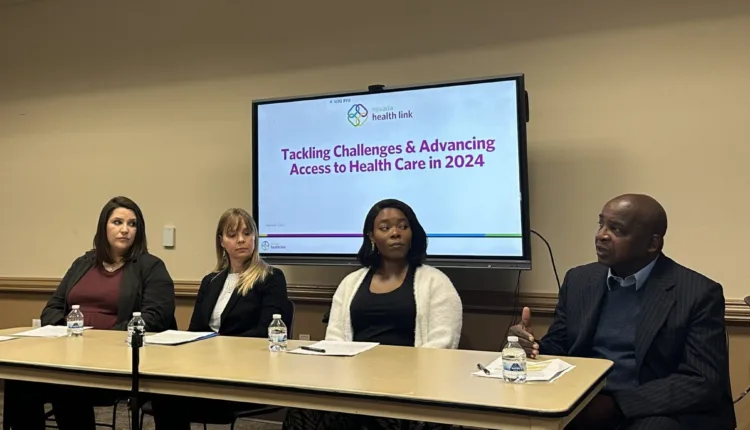
Health agencies urge for increased state, federal funding stability
TL/DR –
A panel of health experts in Nevada highlighted the need for more funding to improve the state’s health outcomes. Despite progress made in areas such as insurance coverage and teen birth rate reduction, they noted that federal funding for new or expanded programs often comes in the form of temporary grants, as seen with the expansion of Medicaid during the pandemic. The panel urged for increased state investment in public health, stable funding and for the expanded subsidies under the Inflation Reduction Act, set to expire in 2025, to be made permanent.
Funding – The Need of the Hour for Nevada’s Health Sector
Health experts from Nevada Health Link, Southern Nevada Health District (SNHD), Division of Health Care Financing and Policy (DHCFP), and Immunize Nevada unanimously emphasized the need for more funding in a recent panel discussion. They advocated for increased political attention and policymaking focus on healthcare funding this year.
Despite the historical struggles of Nevada’s healthcare system, there have been encouraging developments. These include an increase in insured individuals, a drop in teen birth rates, and an increase in the Medicaid reimbursement rate during the 2023 state legislative session.
Significant progress has been made, including increased enrollment through the state health exchange. This was made possible through the federal Inflation Reduction Act (IRA) signed into law by President Joe Biden in 2022. The IRA extended eligibility requirements and enhanced marketplace subsidies enacted under the American Rescue Plan Act until 2025.
Ireti Fawehinmi, a community health worker manager at Immunize Nevada, highlighted the ongoing struggle for funding, particularly for nonprofits. Immunize Nevada has been lobbying state legislatures for financial support.
Improving health equity remains a priority in Nevada, a state that fell from 35th to 42nd in America’s Health Rankings between 2019 and 2022. Stable funding is necessary for these improvements, however, federal funding for new or expanded programs is often temporary. Panelists noted this issue in reference to Medicaid’s expansion during the pandemic.
Fermin Leguen, the District Health Officer of the SNHD, noted the lack of state investment in public health. The state has recently increased the SNHD budget from $28.2 million to $29.7 million, accounting for over a third of SNHD’s general funding. The state Department of Health and Human Services also awarded the SNHD an $874,990 grant this fiscal year, a first according to the SNHD’s adopted budget.
Federal grants make up $104 million of the SNHD budget, which also includes property taxes, service charges, and interest earnings on SNHD investments. Half of the $180.6 million received in the 2022-2023 fiscal year went to salaries, taxes, and benefits. The remaining $89 million, bolstered by COVID-related grants, was allocated to supplies and services.
Katie Charleson, the Silver State Health Insurance Exchange communications officer, expressed hope that Congress will make the expanded subsidies under the IRA, set to expire in 2025, permanent to support state-based health exchanges like Nevada Health Link.
—
Read More US Economic News
